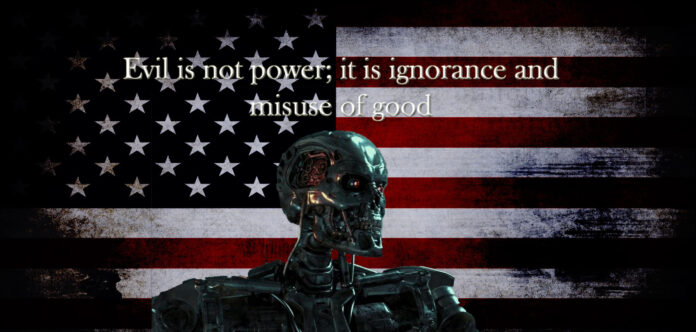Lately I’ve been spending a lot of time thinking about intersections. Specifically, the places where people, objects and ideas converge to produce some sort of result. The interesting thing about intersections is that some are visible while others aren’t. For instance, how we express ourselves physically might differ from the way we communicate emotionally, and vice versa. Likewise, our cultural identities might align with our social values, or the two could totally differ.
The thing about intersections is that they symbolize the point where two or more things interact with each other to produce some kind of reaction. It’s the reaction that I’m really fascinated with. Take, for example, the intersection of education and technology. Over the course of this quarter I’ve explored some key areas that I think are compelling in terms of their effects on the world and our relationships to each other. After all, we’re immersed in unyielding stimulation in the form of various media that demand our concern, attention and emotional faculties on every level. So it follows then that exploring the central concerns of social transformation via advances in technology should be on all of our radars and news feeds. However, as I’ve been exploring these topics and playing with different ideas surrounding them, I find myself in this sort of strange in-between place. The more TED talks and RSA videos I watch, the more I start to wonder things like, what aren’t we seeing? What conversations aren’t being made available to the public for our educational enrichment? What secrets are being kept from us?
It comes as no surprise that in our hierarchical and capitalism-fueled society it’s routine for politicians to warp the truth to their advantage. We see this proclivity for falsehoods perpetuated by news corporations that carefully censor content in order to present a specific angle on an issue. Fox News, for example, is notorious among communities of social justice advocates for its heavy conservative agenda and right political leanings. At the same time, however, even alternative sources of news media reveal the myriad of tensions and ongoing conflicts currently pervading society. A quick scan of morning headlines will show you proof of a world that is, quite literally, on fire. Things are not okay, and they haven’t been for a really long time. It’s not a controversial thing to say, yet I find it amazing that our social infrastructures and the institutions that support them are still trying to convince us otherwise.
I’m interested in knowing why — why do major corporations and companies keep investing millions into policies that are inherently flawed, and why do we, society at large, keep letting them? One interesting response to this question I’ve encountered recently is a talk given by Sir Ken Robinson, a leading activist, author and international speaker, on the importance of education in society. Robinson’s work essentially focuses on four key elements that define education’s value amidst an increasingly technology-fueled world. He argues that economic, social, cultural and personal factors each contribute to the purpose and function of education, which is why it’s so crucial to actively reform 21st century learning models.
As someone who is really interested in learning more about educational policy, I found Robinson’s talk inspiring because it raised several major issues that I think deserve more attention. Even though organizations like TED and RSA have actively worked to promote innovation and creativity through their programming, it doesn’t change the fact that unless real action starts happening, these awesome ideas will simply remain conjecture. In other words, it’s one thing to have access to a high-profile conference and another thing entirely to be on the front lines of social change. Watching Robinson’s talks has made me realize not only how much courage it takes to stand up in front of a room full of scientists, engineers and programmers and defend the value of art, but also how profoundly necessary it is to do so.
There is no doubt that advances in technology and innovation have already drastically transformed our world. My concern, and one that’s shared by Robinson, is the possibility of losing sight of our ethical approach to these changes. How can we prepare future generations for a world that we don’t ourselves understand? When will problems created by the techno-revolution finally make us consider alternative solutions? What are the intersections of the future and how will we address them? Only time and foresight will tell.
What intersections, social or otherwise, affect you? Share your thoughts with Whitney Davis at wmdavis@ucdavis.edu
Graphic by Sandra Bae.




